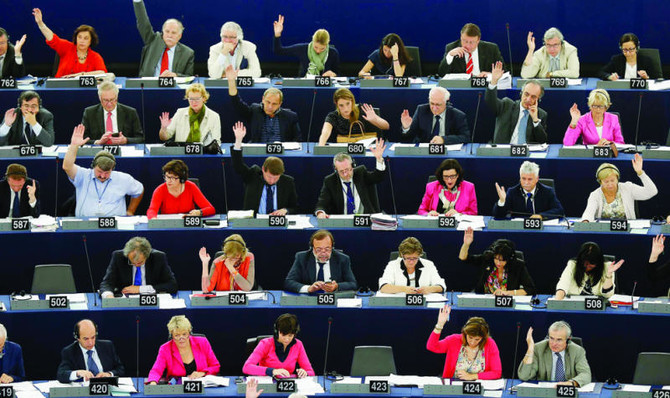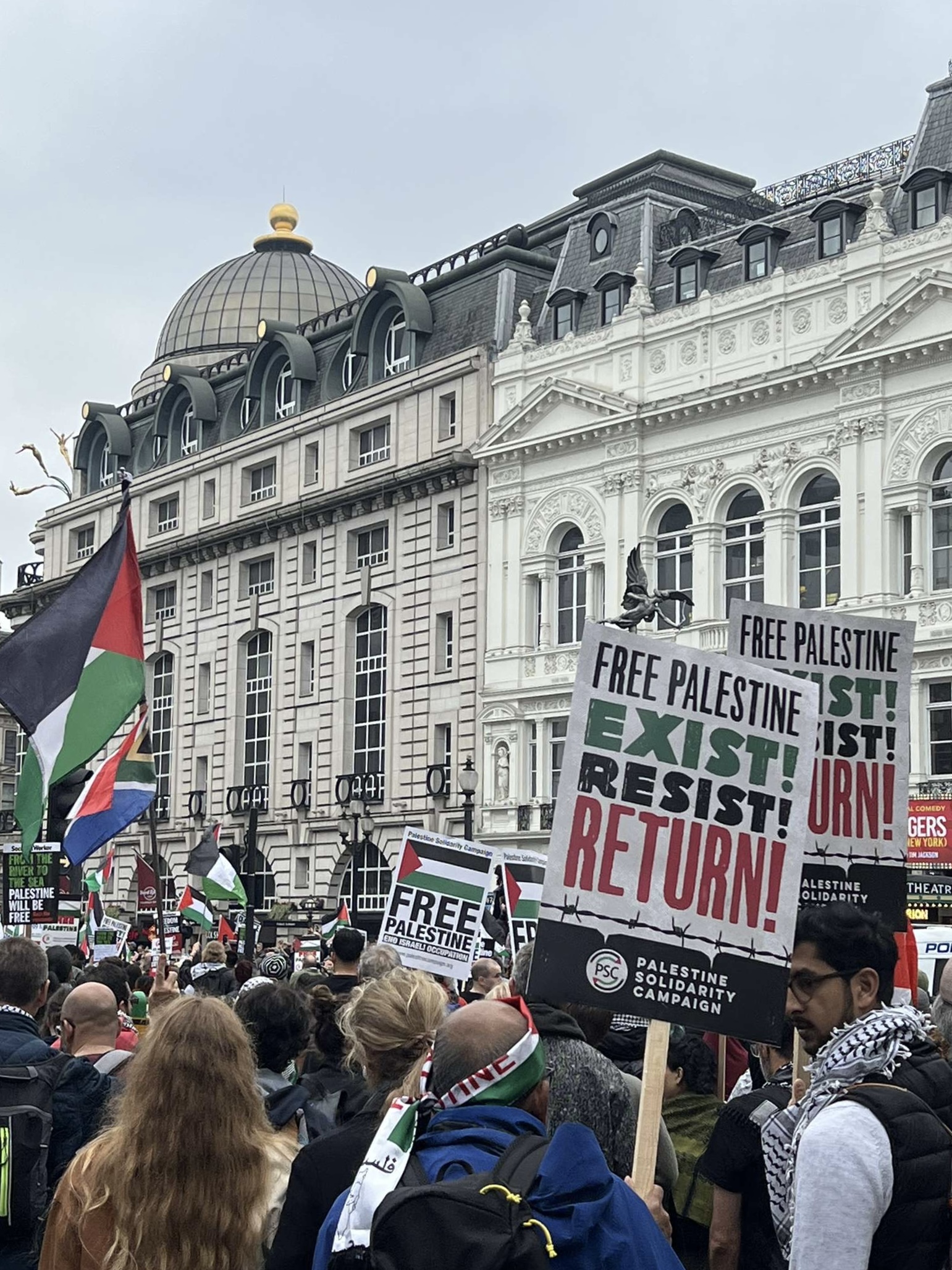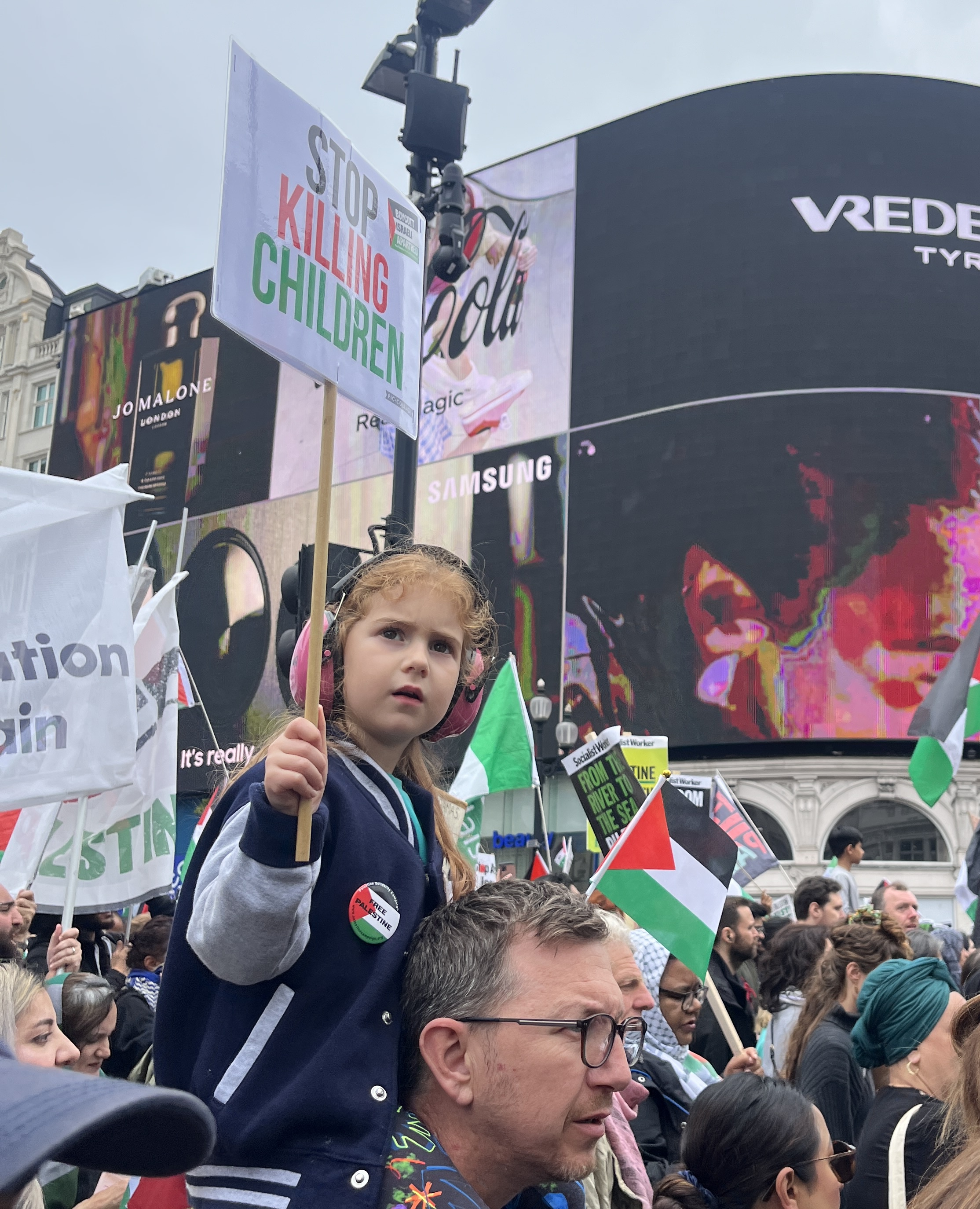BRUSSELS/STRASBOURG/WASHINGTON: The European Parliament called yesterday for the scrapping of two agreements granting the United States access to European financial and travel data unless Washington reveals the extent of its electronic spying operations in Europe.
A non-binding resolution, passed by 483 votes to 98 with 65 abstentions, said the United States should come clean about its surveillance of email and communications data or risk seeing the transatlantic information-sharing deals, created in the wake of the Sept. 11 attacks, torn up.
The Parliament cannot revoke the agreements without the support of European Union governments and the bloc's executive Commission, which looks unlikely.
But the vote showed the depth of anger within the assembly over revelations from former spy agency contractor Edward Snowden about US electronic eavesdropping on allies.
Calls from some members of the Parliament to suspend talks on a EU-US free trade deal, due to start next week, were rejected, however. The trade deal will be negotiated by the European Commission on behalf of the 28-nation bloc, but the Parliament can veto the final agreement, giving it leverage in the talks.
Both data-sharing deals — the Terrorist Finance Tracking Programme (TFTP) and Passenger Name Records (PNR) — were struck in the last decade, despite misgivings in Parliament that they would grant the United States excessive access to European data.
The TFTP provides the US Treasury with data stored in Europe on international financial transfers. The PNR agreement covers data provided by passengers when booking tickets and checking in on flights, and passes the information to the Department of Homeland Security.
Last month, US officials confirmed the existence of an electronic spying operation codenamed PRISM, which according to Snowden collects data from European and other users of Google , Facebook, Skype and other US companies. In a separate leak, the United States was accused of eavesdropping on EU offices and officials.
While many EU countries reacted angrily to the spying revelations, France was the only one that initially called for the suspension of the trade talks.
The European Commission has asked the United States to reveal how much data it has access to and for what purpose. A joint EU-US expert group will be set up to discuss the matter.
The European Parliament demanded "immediate clarification" from Washington on claims of US spying on EU offices and warned the espionage scandal could damage diplomatic ties.
In a resolution overwhelmingly adopted in the Strasbourg-based legislature, MEPs said the parliament "strongly condemns the spying on EU representations" and warned of its "potential impact on trans-Atlantic relations".
President Barack Obama spoke with German Chancellor Angela Merkel on Wednesday to address mounting European concerns about broad US surveillance programs.
Germany and other European nations are outraged over last month's revelations by a US IT contractor that the National Security Agency has been scooping up vast amounts of data on Americans and foreigners.
"The president assured the chancellor that the United States takes seriously the concerns of our European allies and partners," according to a readout of the call between the two leaders.
The White House said they agreed to a "high-level meeting" between US and German security officials in the coming days to address intelligence matters, and that a US-EU dialogue on intelligence collection and data protection would begin as early as July 8.
That appeared to be a concession of sorts to European Union demands to set up working groups looking at the extent of the US snooping into phone data, emails and web searches.
Merkel also welcomed an announcement by Obama that the US would provide information to its allies on its surveillance activities.
"The upcoming Washington visit by a delegation of representatives from German ministries and services will provide the opportunity for an intensive exchange on these issues as well as for discussion on further deepened cooperation," Merkel's spokesman Steffen Seibert said.
Obama and Merkel, who faces criticism from the opposition less than three months from elections in Germany, also discussed the upcoming launch of sensitive US-European trade talks.
With some Europeans expressing fury at how US data gathering could leave them exposed, French President Francois Hollande has threatened to block the negotiations until France can be sure spying on EU institutions has ended.
At an EU conference in Berlin on youth unemployment, the 28-nation bloc presented a joint reaction to the claims of US mass surveillance.
EU Commission president Jose Manuel Barroso announced the bloc's position that talks aimed at establishing the world's largest free trade area run parallel with the US-EU working groups.
On a visit to Berlin this month, Obama reassured Merkel that American spies were not "rifling" through the emails of German and French citizens.
In Germany, a country whose history makes it deeply sensitive to personal surveillance, the issue is particularly troublesome.























